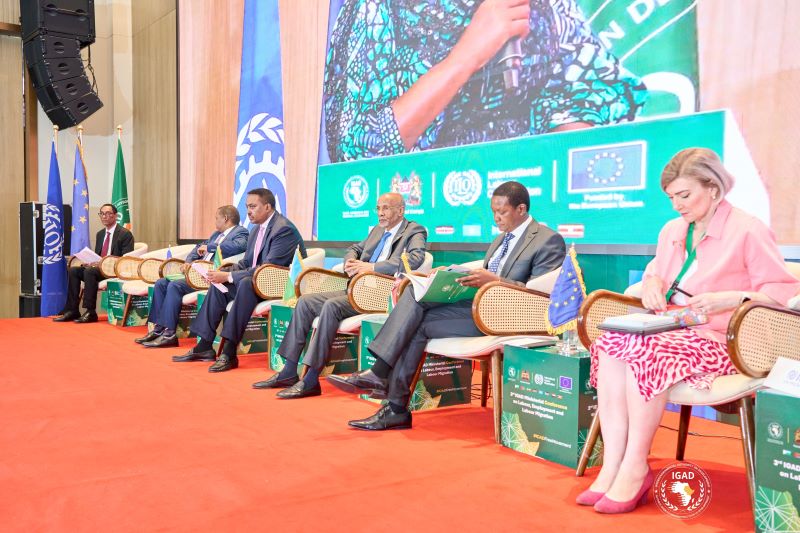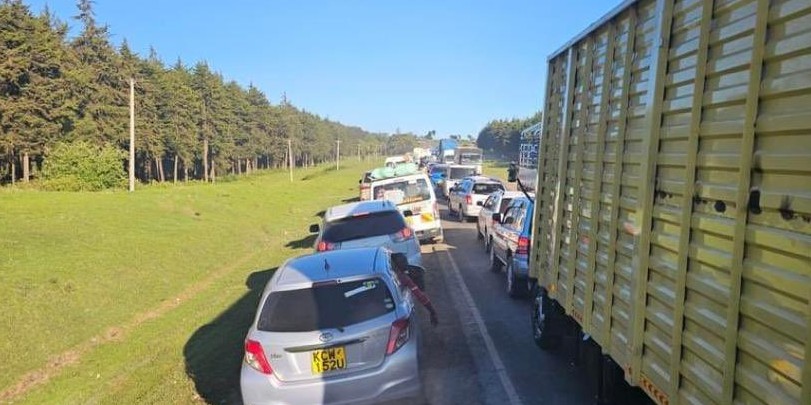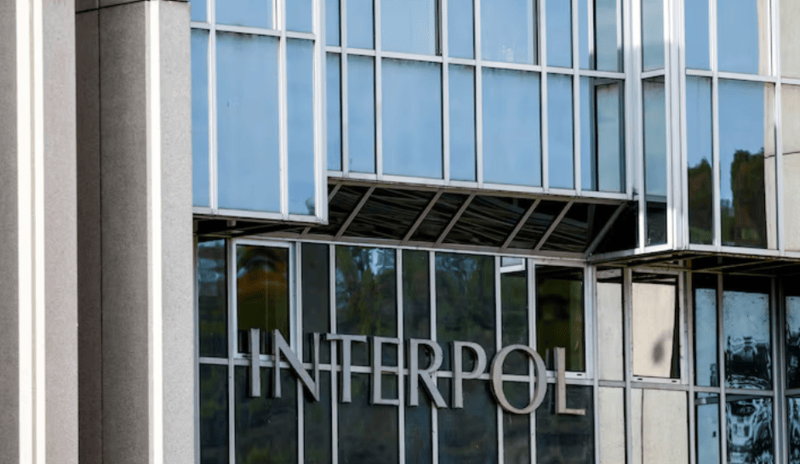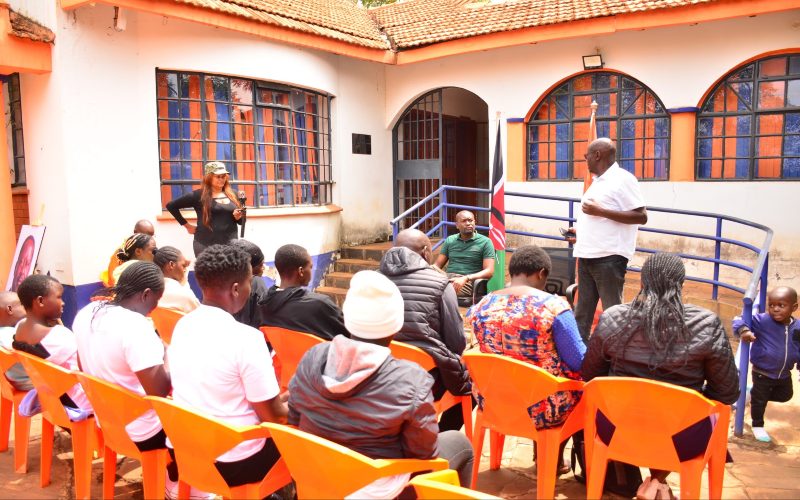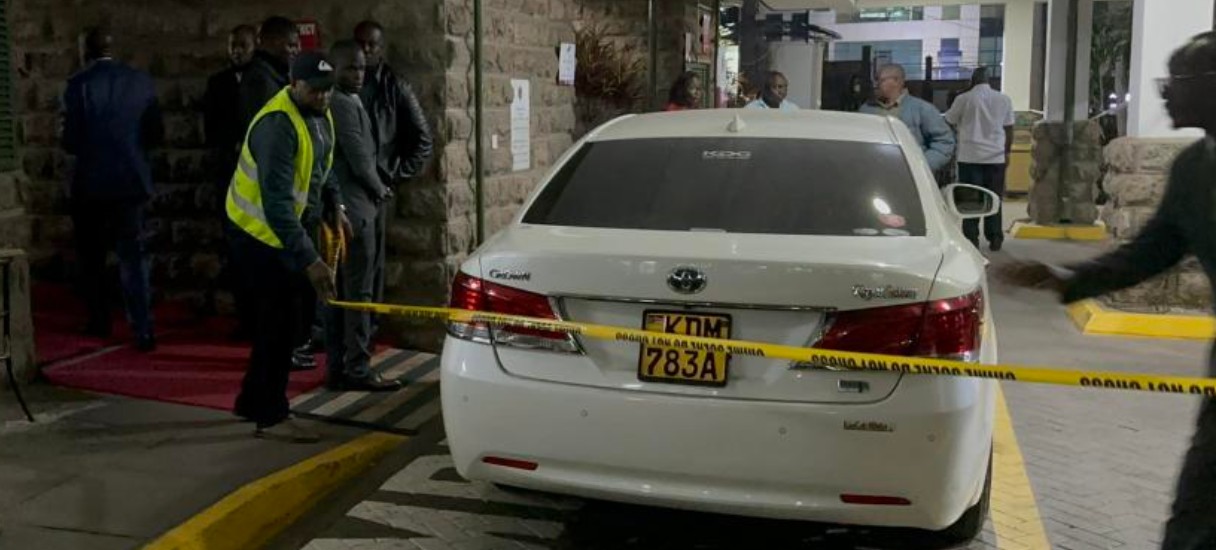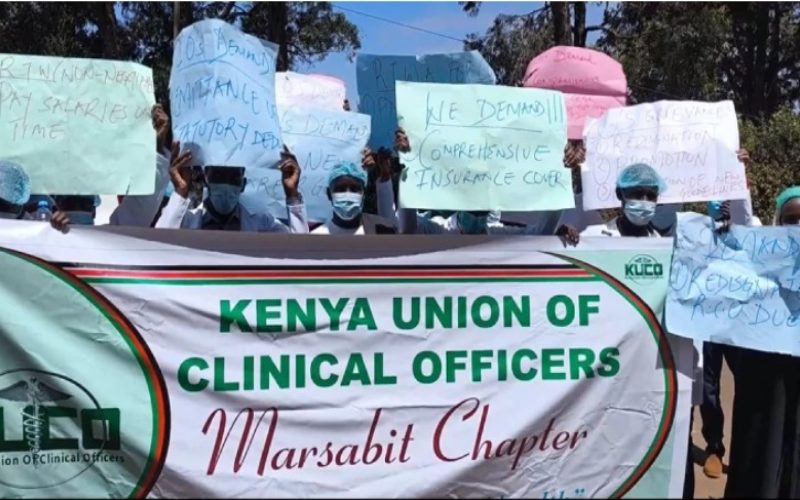IGAD states pledge to protect migrants from trafficking and exploitation
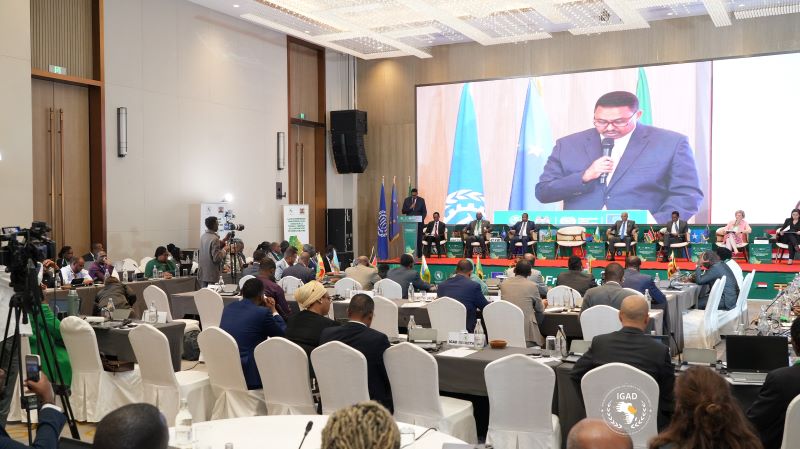
Labour and Interior ministers from Djibouti, Kenya, South Sudan, Somalia, Ethiopia, and Uganda gathered under the theme “Improving Labour Migration and Mobility Governance for Prosperity in IGAD Region.”
IGAD Member States have vowed to protect millions of citizens working abroad, addressing human trafficking, exploitation, and dangerous migration routes.
The pledge came during the 3rd IGAD Ministerial Conference on Labour, Employment and Labour Migration in Nairobi this week, which focused on improving labour migration governance and ensuring the safety of migrant workers.
More To Read
- East Africa to simplify cross-border travel and work through IGAD single visa initiative
- Garissa Governor Nathif Jama sounds alarm over Dadaab crisis at IGAD conference
- IGAD Chief urges action over irregular migration, joblessness in Horn of Africa
- Human trafficking ring busted in Nigeria, two women bound for Somalia rescued
- IGAD proposes single digital visa to boost regional trade, travel
- AU, IGAD lead Africa in mourning former Prime Minister Raila Odinga
Labour and Interior ministers from Djibouti, Kenya, South Sudan, Somalia, Ethiopia, and Uganda gathered under the theme “Improving Labour Migration and Mobility Governance for Prosperity in IGAD Region.”
Delegates highlighted the serious challenges migrant workers face, including poor working conditions, forced labour, fraudulent recruitment, and limited access to social protection.
“Human rights of all migrants, including migrant workers, regardless of their status, should be promoted and protected,” the communiqué stressed.
Ministers also noted that regional unemployment stands at 15.9 per cent, with youth unemployment at 28 per cent, driving irregular migration.
The Red Sea Route was identified as the most dangerous path for migrants, accounting for roughly half of all regional movements and over 4,000 deaths in the last decade.
Governments of Djibouti and Somalia were commended for enforcement operations targeting traffickers and smugglers.
The communiqué urged a “Whole-of-Route, Whole-of-Society and Whole-of-Government” approach to tackle irregular migration.
Going further, IGAD Member States pledged investments in livelihoods, skills development, and climate-resilient programmes to reduce pressures to migrate. Ministers committed to enforcing ethical recruitment practices and extending social protection to migrant workers, including access to justice and responsive consular services.
Regional cooperation with Gulf Cooperation Council countries, Jordan, and Lebanon was highlighted as essential to improve conditions abroad.
Plans include negotiating bilateral and multilateral labour agreements, strengthening return and reintegration mechanisms, and scaling up humanitarian aid for affected migrants.
The conference concluded with a plan for a High-Level Ministerial Dialogue on the Red Sea migration crisis, building on the 2024 Doha Declaration. Phase II of the EU-funded “Support to Free Movement of Persons and Transhumance in the IGAD Region” project was officially launched to support implementation across Member States.
The conference was chaired by Omar Abdi Said of Djibouti, and attended by IGAD Executive Secretary Workneh Gebeyehu, the European Union, the International Labour Organisation, the International Organisation for Migration, the German Agency for International Cooperation (GIZ), the Confederation of IGAD Employers, the Horn of Africa Confederation of Trade Unions, and the International Trade Union Confederation – Africa.
Top Stories Today



